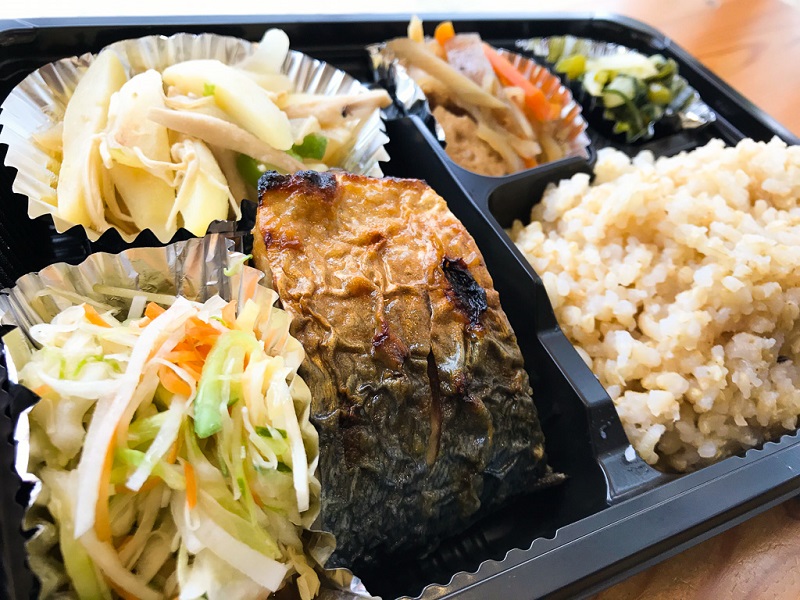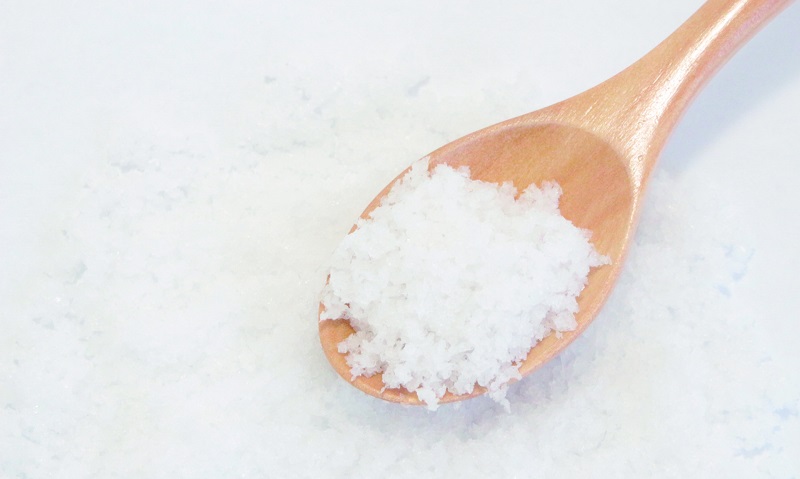
关于盐度

 盐分是进行人类活动必不可少的。
盐分是进行人类活动必不可少的。
盐分为纯盐和天然盐。 日本人自古以来就一直服用天然食盐,但是在第二次世界大战之后,他们开始摄取人体食盐。
精制盐仅含恩卡钠,不含矿物质。 伤害毫无意义。
天然盐包括海水盐和岩盐,每种盐都有自己的特征。
与海水盐相比,岩盐的特征在于镁含量相对较低。
镁(一种苦味成分)具有凝结蛋白质的作用,可以使内脏变硬,但是如果您不吃太多盐,那也没有问题。
天然盐带出成分的味道,还可以用作防腐剂。
使用橄榄油

橄榄油是一种理想的油脂,由68%的不饱和脂肪酸(称为omega 9),22%的饱和脂肪酸和10%的omega 3组成。
可以说是一种均衡的脂肪,可以促进人体中的必需脂肪酸有效工作。
・降低动脉硬化的风险
・降低LDL胆固醇的血液水平
・含有抗氧化剂,因此免疫力增强
・即使加热也很难氧化
・即使是生的,加热的和食用的,也很难被人体氧化,从而防止细胞老化。
为什么使用
・煎炸油和炒油使用后不要倚在肚子上。
・好味道
・如果使用得当,可以显着减少废油量
・因油烟而容易清洁,墙壁等的附着性降低
・为美丽与健康做出贡献
・价格高
・有些人因为习惯而担心香气和味道。 在我们的商店中,我们使用相对没有习惯的味道和味道的东西。
以上、メリット・デメリットがあるがメリットの方が上回るため使用する価値が大きい
阴阳平衡

世界由消极和积极之间的平衡组成。 月亮,太阳,块根蔬菜和多叶蔬菜,晴天和雨天等。
阴阳之食
・具有从地面延伸到宇宙的向外力量的蔬菜
・夏季蔬菜,水果,糖,酒精,科学调味料等的冷却和放松。
・具有从地面延伸到地面的力量的根菜类
・肉,鱼,贝类,乳制品,发酵食品,油等。
阴性食品具有稀释和清洁血液的能力,而阳性食品则具有增强和增强血液的能力。
如果您是负面的,您的血液会稀薄,活力会下降。 相反,正偏会导致血液凝固并引起尘埃病。
似乎您可以通过平衡来过更好的生活,这样您就不会偏向任何一方并接近中间(中等)。
味mis,酱油和盐等日式调味料是正面的,糖和醋则是负面的。
消极地散开成分,以使口味更容易放入,然后拧紧正极,以限制口味,使菜肴变浓郁。
本地生产供本地消费

当地生产和当地消费的原则是过着以农作物和海鲜为食的生活,这些作物和海鲜通常在您居住的地区附近收集。
吃当地产品的含义是它们适合气候。
通过食用适合当地环境的农作物,人们可以过上环境友好的生活。
在南部地区,有许多食物可以使人体凉爽;另一方面,在北部地区,则有许多食物可以使人体温暖,并且满足近海条件的鱼类和贝类得以生长和聚集。
为了过上适合气候的生活方式,我们只吃在那里生长的农产品以及鱼类和贝类。
膳食纤维
膳食纤维到达大肠而不会被小肠中的消化酶分解,并促进排便并降低血糖水平。
膳食纤维最近已在媒体上引起关注,并引起了人们的关注,但最初,日本人一直在饮食中摄取所需量的饮食。
据说随着向西式片假名料理的转移,摄入量减少,与肠相关的疾病增加。
膳食纤维在营养方面一直被忽略,实际上起着重要的作用。

コメントを残す